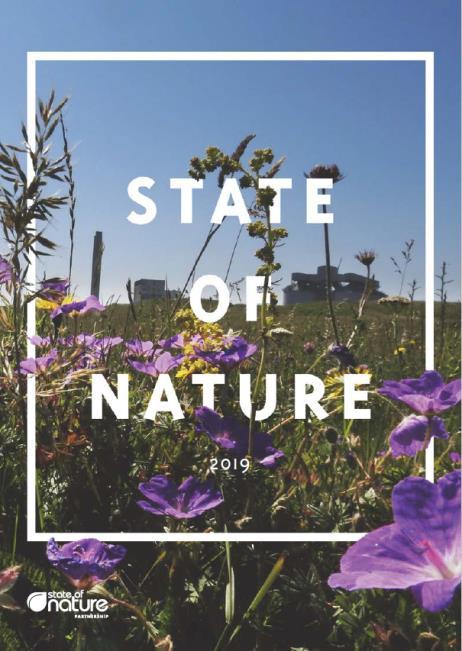
1 minute read
Monitoring
Species monitoring
12 State of Nature 2019 By Dr Karen Haysom - Species Programmes Manager
Advertisement
ARC joined with more than 70 leading wildlife organisations to report on how wildlife is faring in the UK and its overseas territories. State of Nature 2019 was published in October and is the third and largest of a series of influential reports, the first of which was published in 2013.
This time the contributors included both nongovernment organisations and government agencies and covered both terrestrial and marine nature. As well as analysing changes in the distribution and abundance of species, the report considered the pressures on wildlife and what conservationists are doing to counter the threats. Abundance and distribution of UK species has declined on average by 13% since 1970 and many measures show declines that have continued during the last ten years.
ARC has participated in the State of Nature initiative since its beginnings in 2013. Many of the pressures featured, such as agricultural management, climate change, urbanisation,
changes in hydrology and pollution are also of concern for our amphibians and reptiles. The report also describes positive examples of how some species have responded to help and what everybody, from individuals to organisations can do to ensure a brighter future for our wildlife.
15% of species are threatened with extinction from Great Britain Between 2006 and 2018 1,600 miles of road were constructed in Great Britain 44% of our woodland is managed sustainably
As many as 70,000 volunteers submit biological records to National Recording Schemes (NRS) or to Local Environmental Record Centres (LERCs) Time donated by volunteers has increased by 46% since 2000










